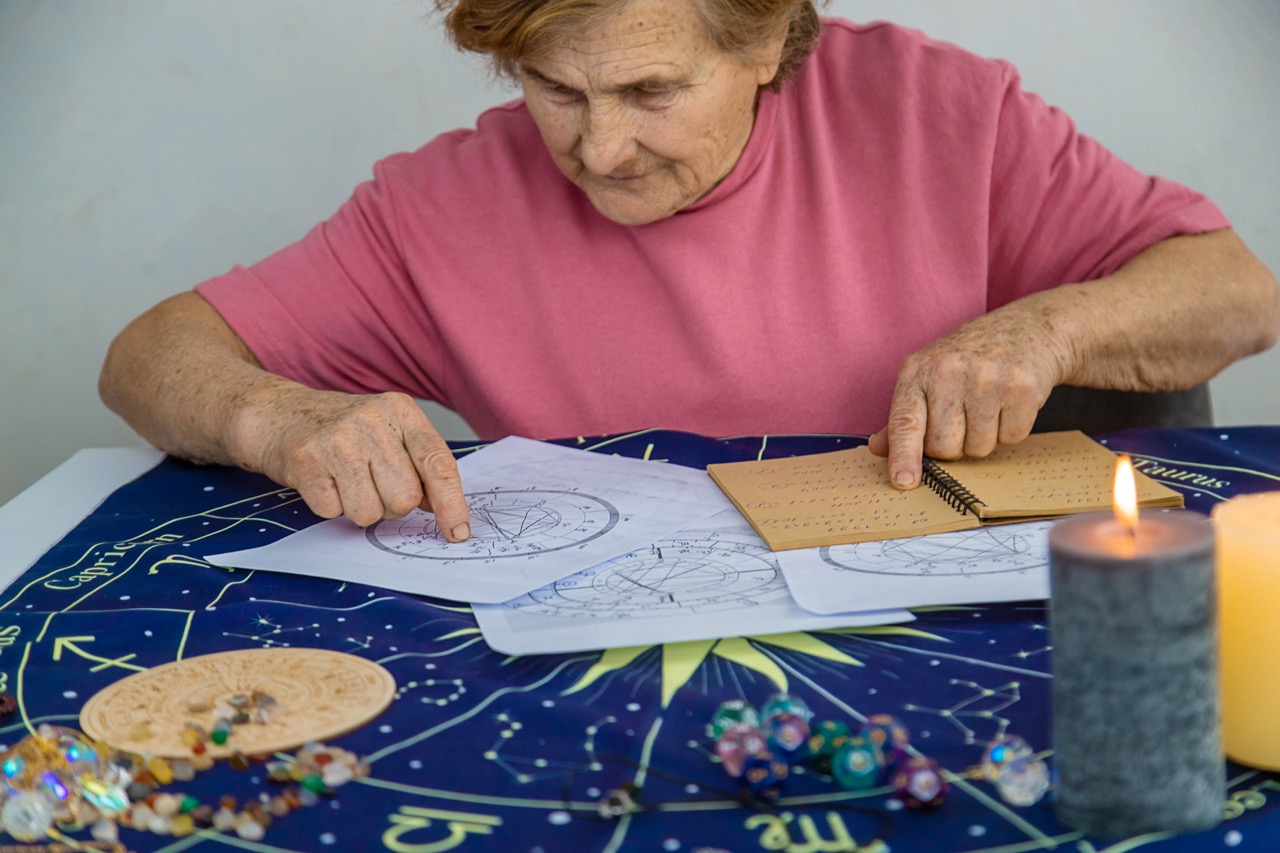The Civil Rights Movement of the 1950s and 1960s was not merely a struggle for legal and social equality; it was a profound spiritual journey that sought to awaken the conscience of a nation. At the heart of this movement were spiritual leaders whose voices resonated with hope, guiding their communities through trials and tribulations. Their teachings provided the moral compass needed to navigate the turbulent waters of oppression and injustice. This article explores the pivotal role these spiritual leaders played in igniting the flame of the Civil Rights Movement and how their unwavering faith illuminated the path toward justice.
Voices of Hope: Spiritual Leaders Ignite the Civil Rights Flame
Spiritual leaders emerged as the moral backbone of the Civil Rights Movement, using their platforms to speak out against inequality and injustice. Figures like Martin Luther King Jr., a Baptist minister, understood that the struggle for civil rights was inextricably linked to a deeper spiritual quest for justice and divine righteousness. He infused his speeches and writings with potent religious imagery, drawing on the teachings of Jesus to inspire hope and resilience among the oppressed. King’s famous "I Have a Dream" speech echoed the sentiments of many spiritual leaders who envisioned a world where all people, regardless of race, would be judged by the content of their character rather than the color of their skin.
In addition to King, there were other influential spiritual figures such as Reverend Ralph Abernathy and Bishop Desmond Tutu, who lent their voices to the movement, emphasizing the intersection of faith and social justice. These leaders organized peaceful protests, mobilized communities, and called for nonviolent resistance to oppression. Their spiritual gatherings were not just religious services; they were rallies of hope, fostering a sense of unity and purpose among individuals who felt marginalized and disenfranchised. Through fervent prayers, hymns, and sermons, they transformed churches into sanctuaries of activism, where the seeds of change were sown in the hearts of attendees.
Moreover, the historical context of the Civil Rights Movement saw the emergence of influential organizations like the Southern Christian Leadership Conference (SCLC), which was co-founded by King. This organization served as a critical platform for spiritual leaders to collaborate and strategize on how to confront systemic racism. The SCLC’s commitment to nonviolent protest was rooted in the teachings of Mahatma Gandhi and reinforced by the leaders’ faith in a higher moral authority. Spiritual leaders became catalysts for change, channeling the frustrations of their communities into powerful action that would eventually reshape the landscape of American society.
Guiding Lights: The Unyielding Spirit of Faith in Justice
The spirituality that permeated the Civil Rights Movement was characterized by an indomitable spirit of faith that transcended individual beliefs, uniting different denominations and faith traditions in a common cause. This collective faith served as a source of strength and determination, reminding activists that their efforts were not in vain. Spiritual leaders often quoted sacred texts and invoked the themes of liberation and redemption, framing the struggle for civil rights as a divine mission. Their convictions inspired countless individuals to join the fight, reinforcing the idea that justice was not merely a human endeavor but a fundamental principle rooted in divine law.
In this environment of spiritual fervor, the concept of “agape” love — unconditional love for all humanity — became a guiding principle for many civil rights activists. This notion was exemplified by King, who often spoke of love as an antidote to hate. He articulated a vision where love would conquer prejudice and division, creating a society anchored in compassion and understanding. The ability to love one’s oppressor, as radical as it seemed, underscored the moral high ground that spiritual leaders sought to maintain throughout the movement. It was a courageous stance that required immense strength and resilience, but it ultimately resonated with many who yearned for lasting change.
The legacy of these spiritual leaders continues to inspire movements for justice today, demonstrating that their influence remains relevant and transformative. The ethos of faith-based activism paved the way for future generations to engage in civil rights work, reminding them that the struggle is not solely political but also deeply spiritual. The lessons learned from these leaders underscore the importance of hope, faith, and love as potent weapons in the fight against injustice. They taught us that the path to equality is illuminated not just by laws and policies but by the unwavering spirit of those who dare to dream of a more just world.
The indelible mark left by spiritual leaders on the Civil Rights Movement serves as a testament to the power of faith in the face of adversity. Their voices, rich with hope and conviction, continue to echo through time, reminding us of the profound impact that spiritual guidance can have on social change. As we reflect on their contributions, we are called to carry forward their legacy, integrating the principles of love, justice, and resilience into our ongoing quest for equality. The journey may be long, but with the spirit of these leaders illuminating our path, we can find the courage to continue the fight for a world where justice and dignity are afforded to all.




